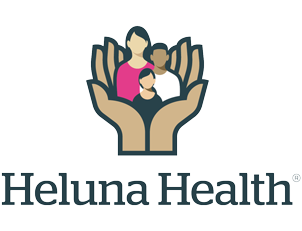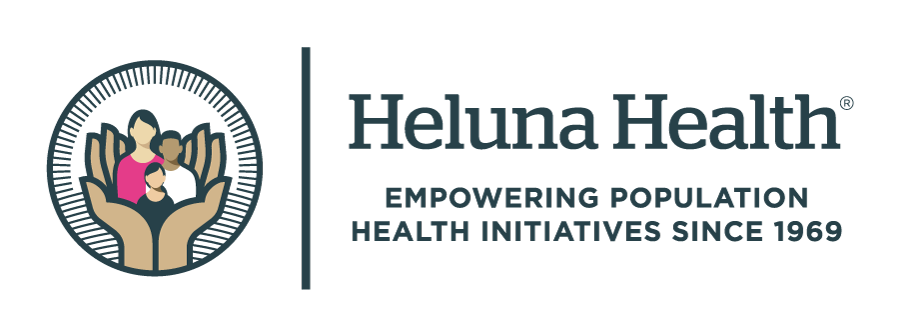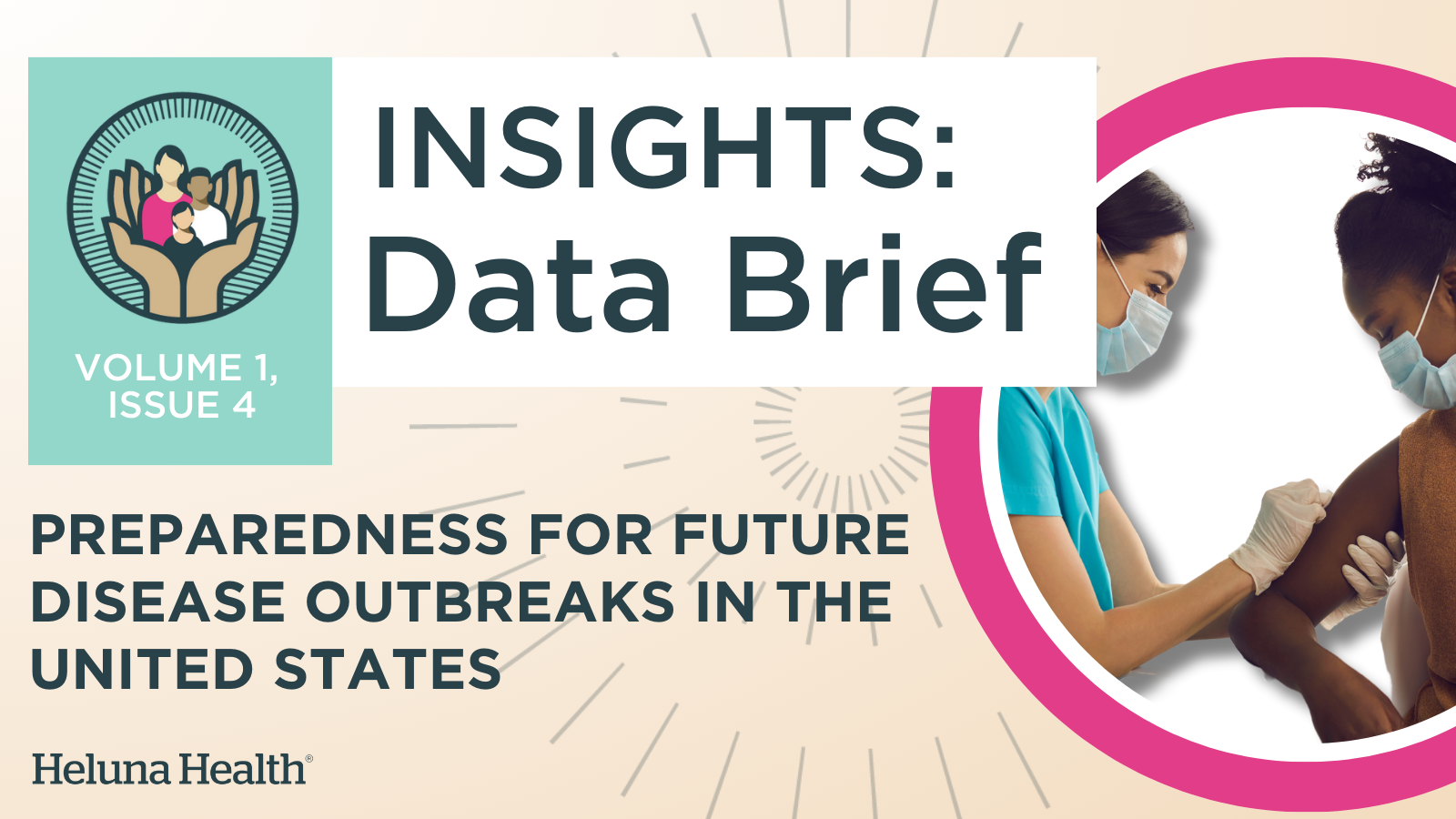Heluna Health Survey Identifies Knowledge Gaps, Socioeconomic Barriers to Outbreak Preparedness
Contact: Sarah Lichtman | 540-834-7954 | slichtman@helunahealth.org
Los Angeles – One-fifth of U.S. adults said that they would not be able to isolate a sick household member in a separate bedroom and bathroom in the case of an infectious disease outbreak, yet 75% believe that an infectious disease outbreak is moderately or highly likely to occur within the U.S. during the next year, according to a data brief issued by Heluna Health this week.
The results come as part of a nationwide survey led by Jo Kay Ghosh, PhD, director of research and evaluation at Heluna Health.
“While our overall results found moderate to high levels of outbreak preparedness among those surveyed, we identified areas of concern when it comes to people’s ability to isolate a sick family member, and their knowledge of how to use air filters in the home,” Ghosh said.
One-fifth of those surveyed reported low knowledge of how to use or install high-efficiency air filters to reduce communicable disease spread.
The survey also identified disparities in overall levels of household preparedness according to socioeconomic factors like age, race, ethnicity, education and income. Younger adults, those of Black or African American race, those of Hispanic ethnicity, those with less than a high school education and those with annual household incomes less than $35,000 reported being the least prepared for an outbreak.
Blayne Cutler, MD, PhD, president and CEO of Heluna Health, said these results reinforce the importance of the organization’s mission.
“Heluna Health is at the forefront of increasing equitable access to disease prevention, treatment, care and social resources,” Cutler said.
The research was conducted by taking a survey of more than 4,000 adults in May 2023, immediately following the end of the COVID-19 public health emergency declaration. The survey assessed public opinions regarding risk for future outbreaks, preferred sources of outbreak information and preparedness for future outbreaks.
The survey also asked about where participants seek information on how to cope with disease outbreaks. The most highly sought sources were government agencies, such as the Centers for Disease Control and Prevention or health departments; doctors or health systems; or television and news channels.
ABOUT HELUNA HEALTH:
For more than 50 years, Heluna Health has been providing direct service programs and support to hundreds of partner initiatives that use evidence-based strategies that improve population health outcomes. Heluna Health works to create equitable access to maternal and infant care; expand disease prevention and treatment; enhance nutrition; support housing for persons experiencing homelessness; provide early literacy resources for low-income children; and more. For more information, visit www.helunahealth.org.





